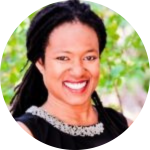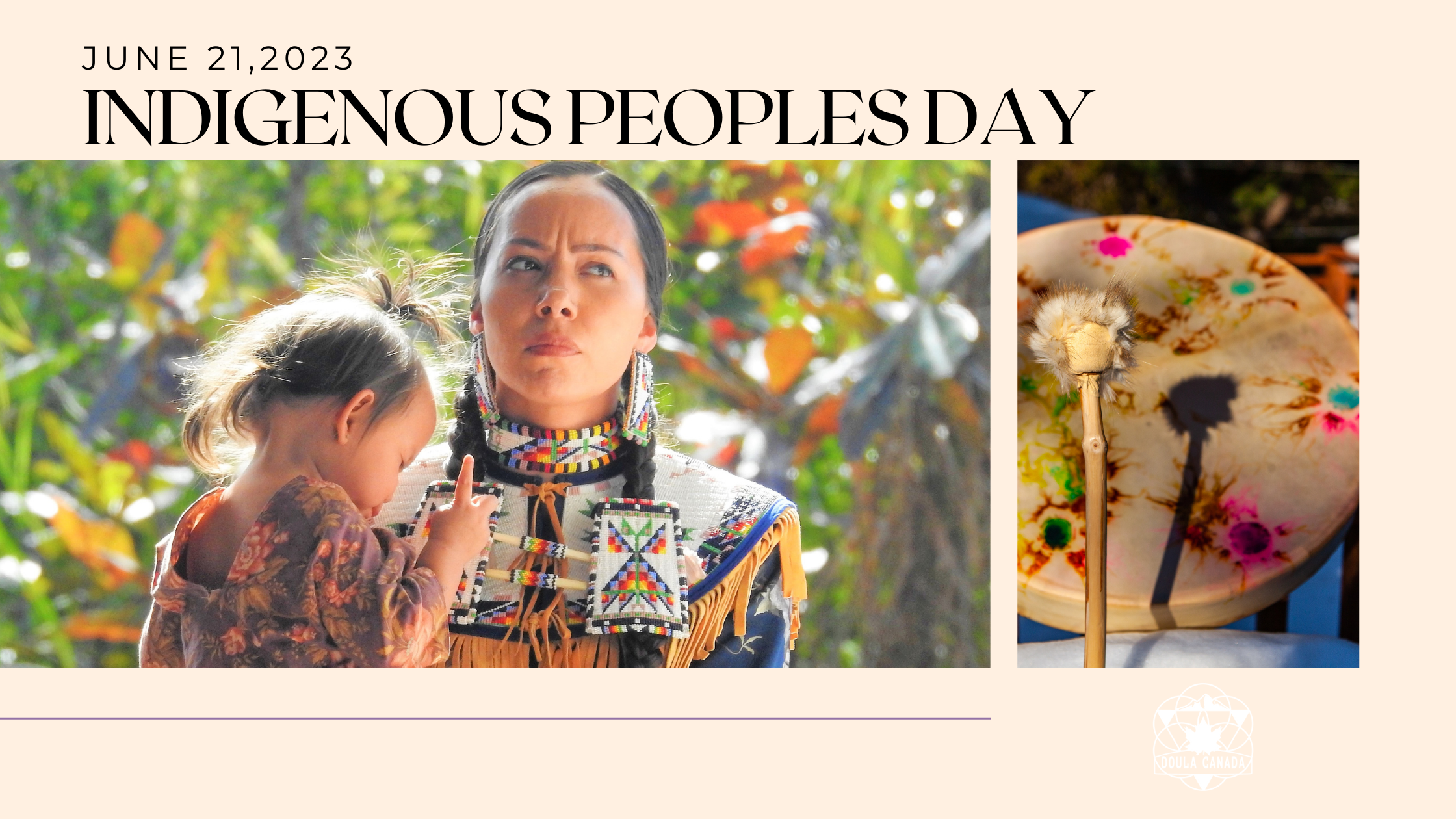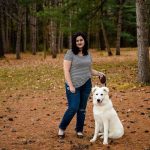[vc_row][vc_column][vc_column_text title=”Land Back, Bodies Back” css=”.vc_custom_1717529147132{margin-bottom: 0px !important;}”]Many settlers (i.e. all non-Indigenous residents on Indigenous land) are resistant to the Land Back Movement. Misinterpreting “Land Back” as a call for all settlers to “go back where they came from”, they often get scared, then angry.
I am a Black settler on Turtle Island and I support the Land Back Movement. I certainly have no intention of “going back where I came from”. Aside from the fact that this would split up my interracial family, my ancestors hail from a Caribbean island wherein there are more of us in the diaspora than there are living on the island. If all of us who are now settlers elsewhere suddenly “returned” this would lead to social chaos and economic collapse.
Land Back isn’t symbolic either. It is about restoring the stewardship of this land and its resources back to Indigenous people, ensuring they have self-determination. It’s about changing the narrative such that Indigenous ways of knowing and doing become the status quo.
I am ride or die for a Turtle Island stewarded by Indigenous leaders. Climate change is heating up quite literally, with “wildfire season” starting earlier with bigger outbreaks each year. There is growing talk of returning to Indigenous “controlled burning” practices to mitigate the devastation. Indigenous communities were forced to abandon the practice because their colonizers thought controlled burns were “barbaric”. It’s one of countless examples of traditional resource stewardship practices that were abolished to the detriment of all.
The Canadian state has a long history of interpreting its treaties with Indigenous nations in bad faith. Settler-colonists spuriously interpreted the land as meaning nothing more than the ground we are standing on. Where treaties have designated the land to specific nations, the state and its agents have still felt entitled to help themselves to the resources on that land, including plants, water, minerals, and animals.
Indigenous nations have a more holistic understanding of the land. Everything the land produces is part of the land and the Indigenous elders representing their people signed the treaties with that pragmatic worldview. Seen in this way, our bodies and families are also part of the land. As such, reproductive and perinatal health and services are significant arenas for the Land Back movement.
Indigenous midwives and doulas are at the forefront of actions to decolonize and reclaim birth. Here are a few examples of their initiatives that are bringing Indigenous birth back to the land:
- Konwati’shatstenhsherawi’s means “Women are Giving Each Other Power” in the Mohawk language (Kanien’kéha). This collective trains Indigenous birth helpers to support birthing people using ancestral worldviews and practices. Since the grassroots program’s inception in 2017 demand has been high and the 4-person training team is busy teaching new cohorts all the time.
- Call Auntie is an Indigenous-led sexual and reproductive healthcare clinic operating weekly at Toronto Birth Centre, and as a pop-up at other locations around the city. They offer a holistic suite of services rooted in traditional Indigenous knowledge, including mental health, primary care, and social support programs. Their service model emphasizes problem-solving, removing barriers, and community-led care.
- Pauktuutit Inuit Women of Canada is making important strides forward in expanding access to traditional midwifery in remote northern communities. Their position is that this access is a health and cultural right for Inuit people. They recently published a report finding that governments do not provide adequate financial support to culturally safe sexual and reproductive health care. They advocate for an end to forced birth evacuation and a return to traditional birthing practices on the land.
- Mālama Nā Pua o Haumea is a collective of Hawaiian traditional midwives who are working to reduce maternal mortality rates which are higher in Hawaii than in the continental US. Recently, legislation governing midwifery care has changed and they are now required to become certified nurse midwives (CNM) or certified professional midwives (CPM). Pale keiki (traditional Indigenous Hawaiian birth attendants) experience multiple institutional barriers to completing this certification, including cost and relocating to an urban centre. In contrast to these 4-year certification programs, pale keiki train with a mentor versed in intergenerational knowledge for over a decade. Some pale keiki are continuing to provide culturally safe care in Pidgin, despite these legislative changes. (US)
- Kehewin Cree Nation has launched a program to train traditional midwives and has received federal funding to open a birth center on its territory. The nation aims to see more Cree babies born on their land and to honour sacred traditions such as placental ceremonies. Trainees in the program learn the knowledge of their midwife ancestors alongside Western medical knowledge. Four women are in the inaugural cohort and the program will take up to 4 years to complete. Kehewin Cree Nation anticipates these 4 trainees will be the first of many.

Keira Grant (she/her) Inclusion and Engagement Lead – Racialized Communities
Keira brings a wealth of experience to the Online Community Moderator role. She is a Queer, Black woman with a twenty-year track record in Equity, Diversity, and Inclusion (EDI) education, projects, and community building initiatives.[/vc_column_text][/vc_column][/vc_row]


 Kayt (she/her) Inclusion and Engagement Lead, is an Anishnaabe kwe from Bonnechere Algonquin territory and the owner of Sweetgrass Solace Wholistic Support. Her post-secondary education includes a Bachelor of Social Work and Bachelor of the Arts in Indigenous Studies from Trent University (2021). She is also a certified hatha yoga teacher and a certifying birth and postpartum Doula.[/vc_column_text][/vc_column][/vc_row]
Kayt (she/her) Inclusion and Engagement Lead, is an Anishnaabe kwe from Bonnechere Algonquin territory and the owner of Sweetgrass Solace Wholistic Support. Her post-secondary education includes a Bachelor of Social Work and Bachelor of the Arts in Indigenous Studies from Trent University (2021). She is also a certified hatha yoga teacher and a certifying birth and postpartum Doula.[/vc_column_text][/vc_column][/vc_row]